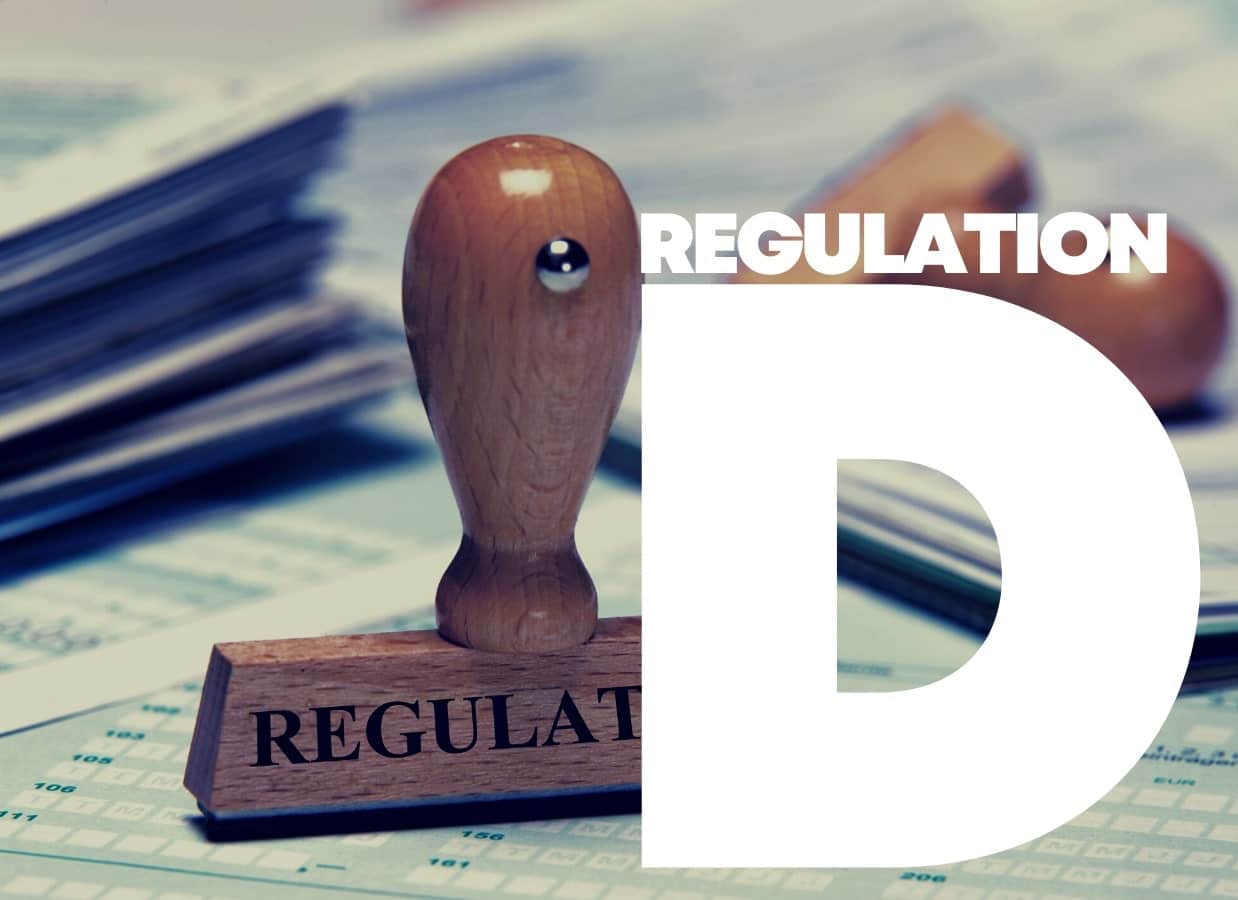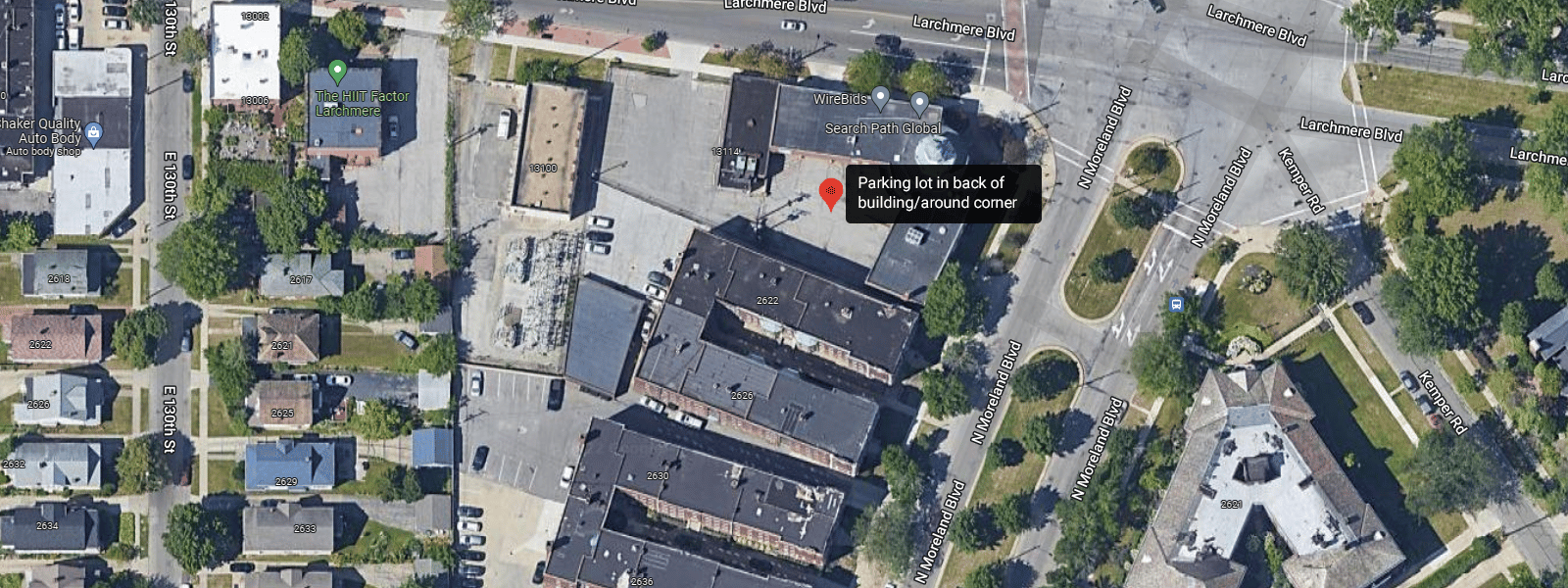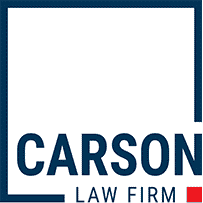
Understanding Regulation D: Exemptions to Federal Securities Law
In order to exempt small investments from being burdened by the federal securities law, the SEC has created certain exemptions to the cumbersome securities registration requirement. These exemptions, together, are known as “Regulation D.”
Generally, Reg D is broken down into three rules, each requiring different criteria for considering an offering “non-public” and therefore exempt from registration requirements under the Securities Act.
Rule 504
Generally, the sale of securities totaling under $1,000,000 in a 12-month period are exempted under Rule 504, with certain restrictions. This rule is meant to transfer the registration requirement to the state “blue sky” laws requiring securities registration within a certain state.
Rule 505
This exemption allows a sale of up to $5,000,000 to an unlimited number of “accredited investors” and up to 35 “unaccredited investors.” Accredited investors generally must have either a net worth exclusive of primary residence of over $1,000,000, or net income of over $200,000 per year. This rule requires the production of certain audited financial statements. Compliance with state rules is also required; however, many states have enacted a Rule 505 companion in their blue sky laws.
Rule 506
This is the SEC’s “safe-harbor” registration rule, which overrides all state registration rules–in other words, complying with Rule 506 guarantees compliance with state registration laws (with some exceptions). This rule allows the raising of an unlimited amount of capital, but with stricter disclosure requirements than the other rules, especially when selling to unaccredited investors. Compliance burden is heavier with Rule 506, but there is no ceiling on the amount of capital that may be raised.

